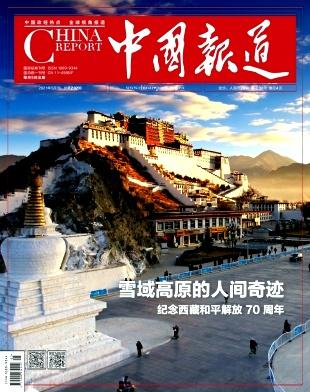台北市长选举中的两党制之外——市场策略在选举活动中的兴起?
IF 0.7
Q3 AREA STUDIES
引用次数: 1
摘要
目前关于政治营销的文献很少调查非西方地区或国家的选举。台北市长选举的分析可以填补这一学术真空。本文以台湾为研究对象,通过对1994年至2018年台湾选举活动的研究,了解和分析东亚民主国家候选人和政党的政治营销策略。虽然新党坚持以产品为导向的战略,但国民党和民进党在大多数TME中都采用了以销售为导向的策略。本文认为,意识形态强大的政党很难使用以市场为导向的选举策略。Ko Wen-je在2014年和2018年TME的胜利可以从市场化战略的成功运用来分析。然而,鉴于地方政治环境的变化,柯和他的政党台湾人民党(TPP)可能不会在未来的TME中遵循市场化战略。本文章由计算机程序翻译,如有差异,请以英文原文为准。
Beyond the Bipartisan System in the Taipei Mayoral Elections—Rise of Market-Oriented Strategies in Electoral Campaigns?
Current literature on political marketing seldom investigates elections in non-Western regions or countries. The analysis of the Taipei mayoral elections (TMEs) can fill this academic vacuum. This article studies the election campaigns for the TMEs between 1994 and 2018 to understand and analyse the political marketing strategies used by candidates and political parties in Taiwan, an East Asian democracy. While the New Party (NP) stuck to a product-oriented strategy, the Kuomintang (KMT) and the Democratic Progressive Party (DPP) employed sales-oriented strategies in most TMEs. This article argues that political parties with strong ideologies find it hard to use the market-oriented electoral strategy. The victory of Ko Wen-je in 2014 and 2018 TMEs can be analysed in terms of the successful employment of a market-oriented strategy. However, given the changing environment of local politics, Ko and his party, the Taiwan People’s Party (TPP), may not follow market-oriented strategies in future TMEs.
求助全文
通过发布文献求助,成功后即可免费获取论文全文。
去求助
来源期刊

中国报道
AREA STUDIES-
CiteScore
1.70
自引率
0.00%
发文量
9353
期刊介绍:
China Report promotes the free expression and discussion of different ideas, approaches and viewpoints which assist a better understanding of China and its East Asian neighbours. A quarterly journal of the Institute of Chinese Studies, it attempts to provide a fresh approach which goes beyond the strictly utilitarian area studies without becoming antiquarian. Launched in 1964, China Report has, over the years, widened its interests and aims and transformed itself into a scholarly journal that seeks a better understanding of China and its East Asian neighbours - particularly their cultures, their development and their relations with China. It is an indispensable source of information on China, its society and culture.
 求助内容:
求助内容: 应助结果提醒方式:
应助结果提醒方式:


